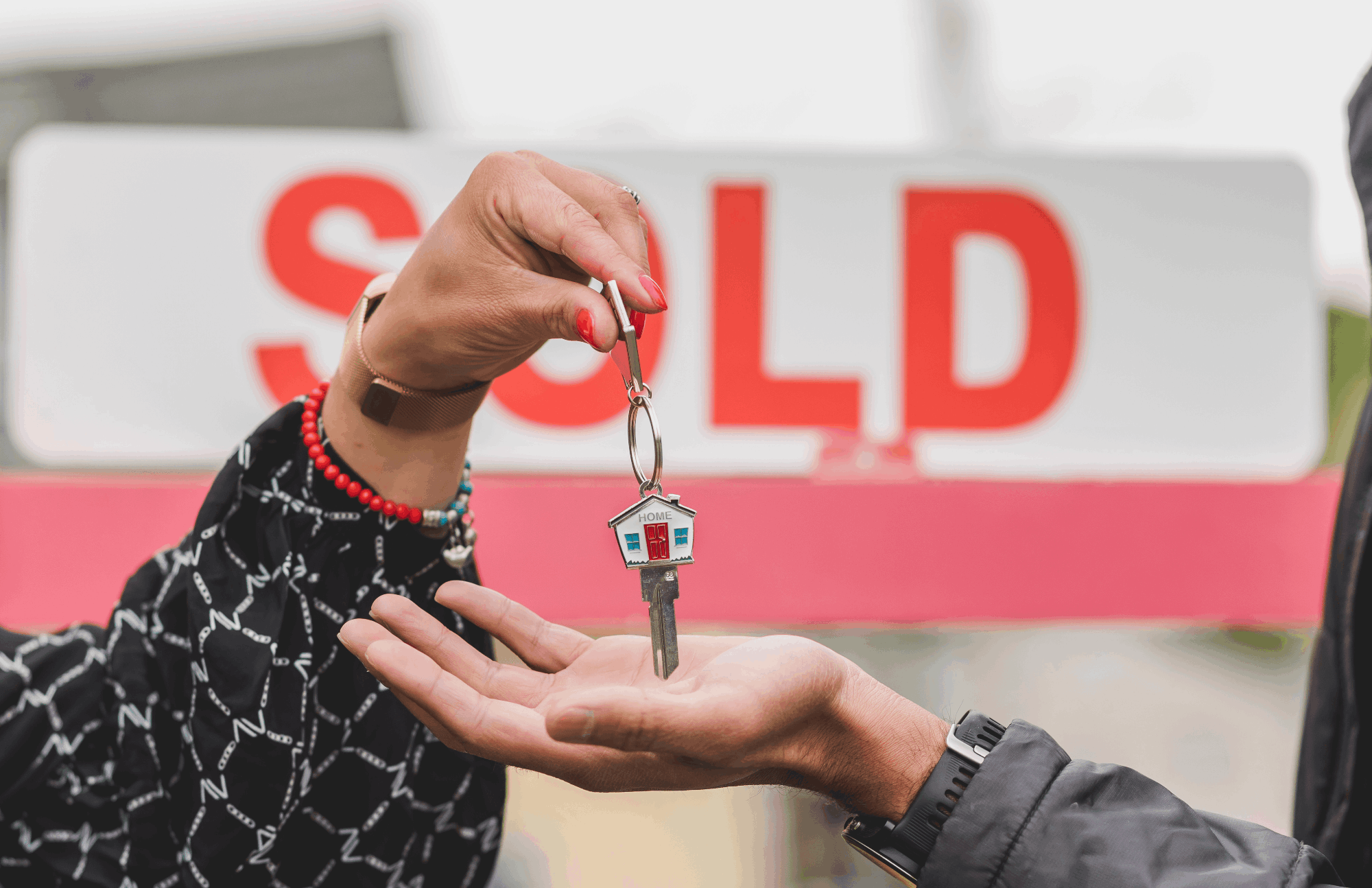A Deep Dive into Smart Home Technology

In the age of connectivity and convenience, smart home technology has revolutionized the way we interact with our living spaces. From enhancing security to optimizing energy efficiency, these innovative systems are reshaping modern homes into efficient and responsive environments. Join us as we explore the world of smart home technology, delving into its features, benefits, and how it can transform your daily life.
What is Smart Home Technology?
Smart home technology refers to a network of devices and systems within a home that are connected and controlled remotely via a smartphone, tablet, or voice commands. These devices communicate with each other and with the homeowner, offering automation, monitoring, and control over various functions of the home.
Key Features and Benefits
1. Security and Surveillance
Smart home security systems offer advanced features such as motion detection, video monitoring, and remote access. Homeowners can receive real-time alerts on their devices and even view live footage from security cameras, enhancing peace of mind and providing a proactive approach to home security.
2. Energy Efficiency
Smart thermostats and lighting systems enable homeowners to optimize energy usage based on their preferences and schedules. They can adjust temperature settings, dim lights, and monitor energy consumption remotely, leading to potential savings on utility bills and reducing environmental impact.
3. Convenience and Automation
Automation is a cornerstone of smart home technology, allowing for seamless integration and control of various devices. From voice-activated assistants like Amazon Alexa or Google Assistant to automated routines that adjust settings based on time of day or occupancy, smart homes simplify daily tasks and routines.
4. Accessibility and Comfort
Smart home technology can improve accessibility for individuals with disabilities or mobility challenges. Features such as voice-controlled devices, automated door locks, and adjustable lighting contribute to a more comfortable and inclusive living environment.
Popular Smart Home Devices
- Smart Thermostats
- Examples: Nest Thermostat, Ecobee
- Control temperature settings remotely and learn homeowner preferences over time to optimize energy usage.
- Smart Lighting Systems
- Examples: Philips Hue, Lutron Caseta
- Adjust lighting levels, colors, and schedules via smartphone apps or voice commands for ambiance and energy efficiency.
- Home Security Systems
- Examples: Ring Alarm, ADT Pulse
- Monitor and control security cameras, alarms, and door locks from anywhere, with features like motion detection and video doorbells.
- Voice-Activated Assistants
- Examples: Amazon Alexa, Google Assistant, Apple Siri
- Perform tasks, answer questions, and control compatible smart devices using voice commands.

Considerations for Implementation
When integrating smart home technology, homeowners should consider factors such as compatibility between devices and platforms, installation requirements, and data privacy and security. Choosing reputable brands and ensuring devices are regularly updated can help mitigate potential risks and maximize the benefits of a smart home system.
The Future of Smart Homes
As technology continues to evolve, the capabilities of smart home systems will expand, offering more personalized and intuitive experiences for homeowners. Innovations in artificial intelligence (AI), machine learning, and IoT (Internet of Things) connectivity are expected to further enhance the functionality and integration of smart home devices.
Categories
Recent Posts









